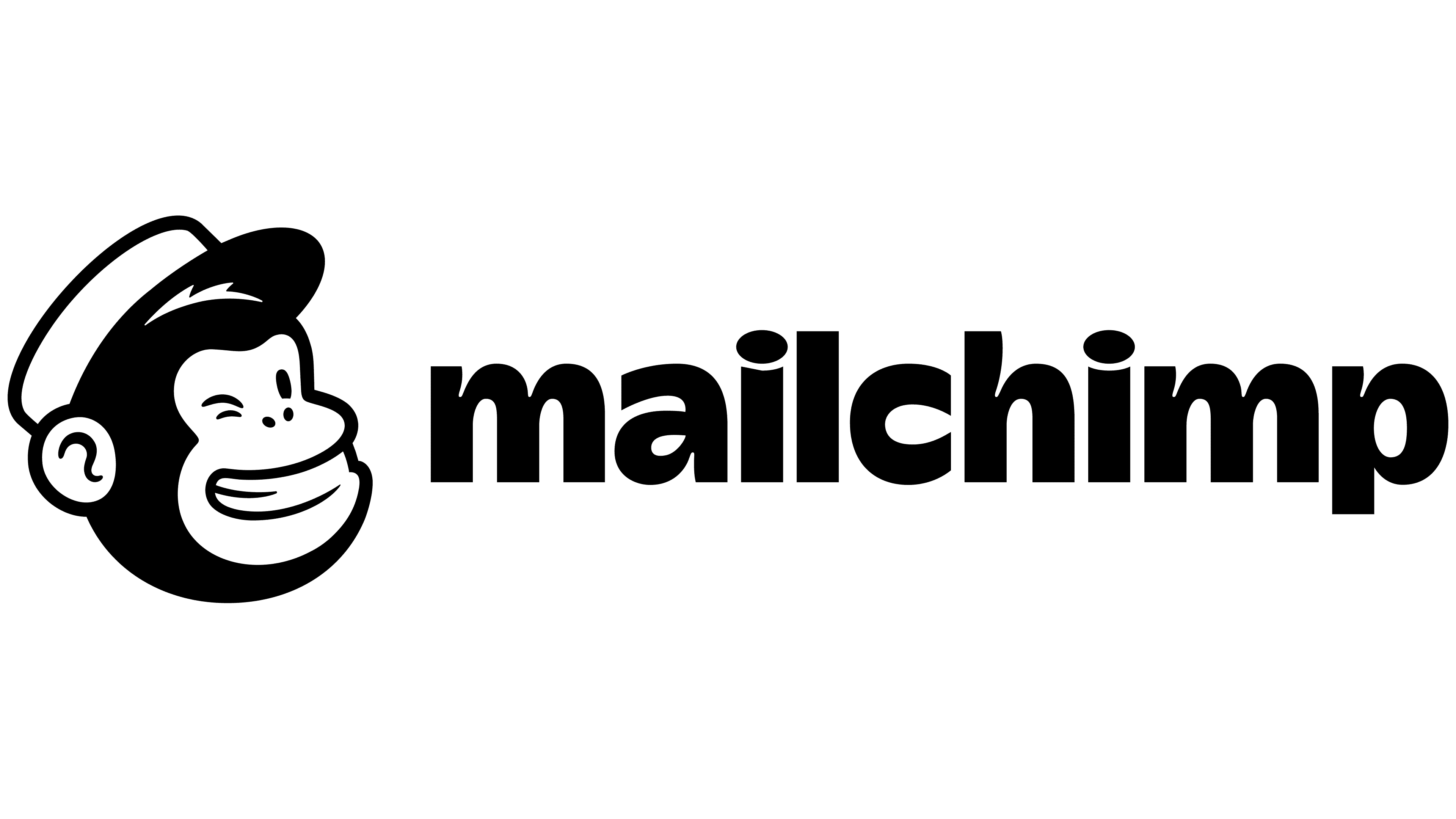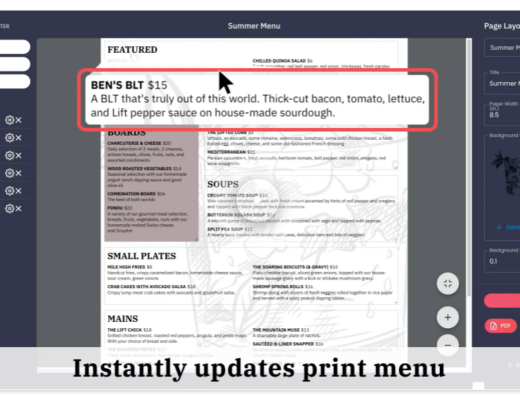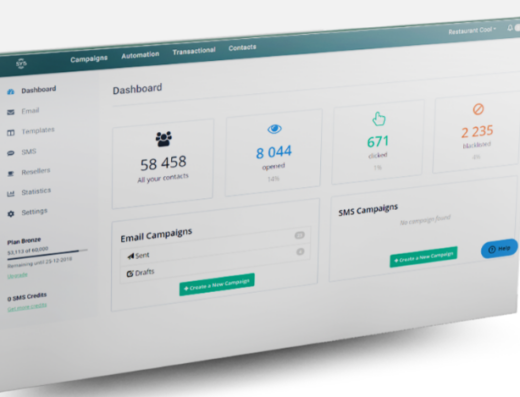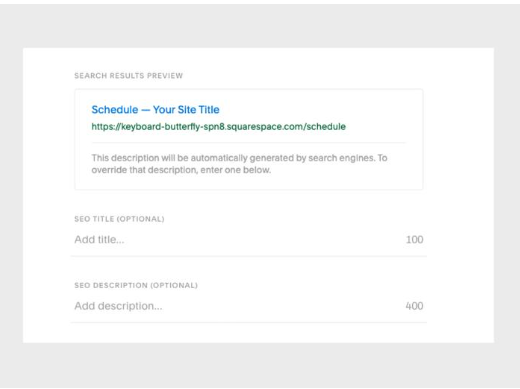Mailchimp is a widely used marketing automation platform that offers a variety of tools designed to help businesses manage their marketing campaigns effectively. Founded in 2001, Mailchimp has evolved from an email marketing service into a comprehensive platform that caters to small and medium-sized businesses, providing solutions beyond email marketing. The platform is known for its user-friendly interface, making it accessible for users with varying levels of technical expertise.
One of Mailchimp’s core capabilities is email marketing. Users can create, send, and track email campaigns efficiently through Mailchimp’s intuitive drag-and-drop email builder. This tool allows for customization of templates, automation of campaigns based on user actions, and detailed analytics to measure campaign performance. Businesses can segment their audience, personalize content, and optimize send times to maximize engagement and conversion rates.
Beyond email marketing, Mailchimp offers tools for audience management and customer relationship management (CRM). Users can build and manage their subscriber lists, segment audiences based on various criteria, and integrate with other platforms to synchronize customer data seamlessly. This capability helps businesses understand their audience better and tailor their marketing efforts accordingly.
Another significant feature of Mailchimp is its marketing automation capabilities. Users can set up automated workflows based on triggers such as user actions or specific dates. These workflows can include email campaigns, targeted ads, and other marketing activities designed to nurture leads and enhance customer relationships over time. This automation saves time and ensures consistent communication with customers throughout their journey.
Now, here are some key capabilities of Mailchimp summarized in an ordered list:
Email Campaign Management: Create, send, and analyze email campaigns with customizable templates and detailed analytics.
Audience Segmentation: Segment subscriber lists based on demographics, behaviors, and preferences to deliver personalized content.
Marketing Automation: Set up automated workflows to send targeted emails and ads based on user actions and triggers.
Integration: Connect with third-party platforms and tools such as e-commerce platforms, CRMs, and social media to sync data and enhance marketing efforts.
Reporting and Analytics: Track campaign performance, audience engagement metrics, and ROI through comprehensive analytics dashboards.
E-commerce Tools: Integrate with e-commerce platforms to create product retargeting campaigns, track sales data, and measure campaign effectiveness.




 >
>





Leave a Reply